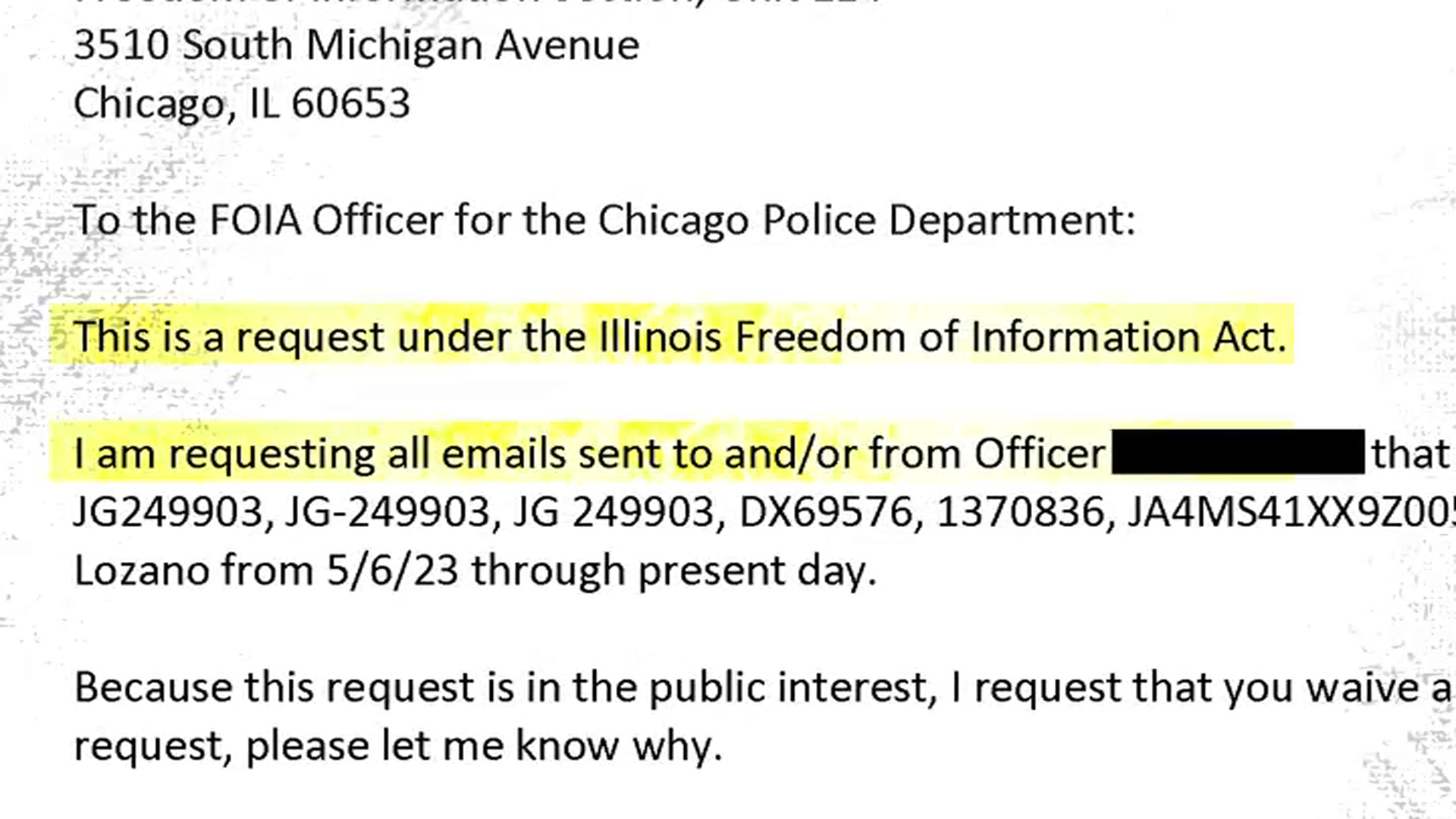
The Chicago Police Department is launching two programs aimed at preventing issues that may lead to suicides or excessive force by officers.
The first pilot program, called the “Officer Support System," was recently launched in the 5th District and will roll out across the city during the course of next year, the Chicago Sun-Times reported.
The system was developed by the University of Chicago Crime and Educational Lab and is paid for with private funding, including contributions from billionaire Ken Griffin and local philanthropies.
Executive Director Roseanna Ander said the data-driven system will try to make sure supervisors are talking with officers who may need assistance or mental health services — before any issues escalate.
She noted that too often after a problem, supervisors say “we knew something was going on with that officer,” but it wasn't prioritized to act on it.
“We’ve seen the high number of suicides in this department. By then, it’s too late," Ander said.
The support system was built specifically for Chicago's needs, with input from focus groups of police officers, supervisors and experts in police accountability, mental health and wellness, Ander said.
Local
“We’re trying to do something that is incredibly ground-breaking and actually works and is not a box-checking exercise,” Ander said.
Greg Stoddard, senior research director for the Crime and Educational Lab, said based on three types of criteria, an estimated 3% to 5% of officers will be flagged for early intervention. Those include complaints generated internally or filed by private citizens, such as use-of-force reports, and low-level misconduct, such as showing up at roll call late.
“It’s not evidence that 3% to 5% of the department are bad people or anything that major. It’s simply saying that 3% to 5% of the department have some things in their administrative behavior that suggest that they might be going down the wrong path, but not necessarily that they are,” Stoddard said.
The second pilot program, which is still being developed, will offer both group- and one-on-one therapy to provide assistance needed to reduce suicides.



